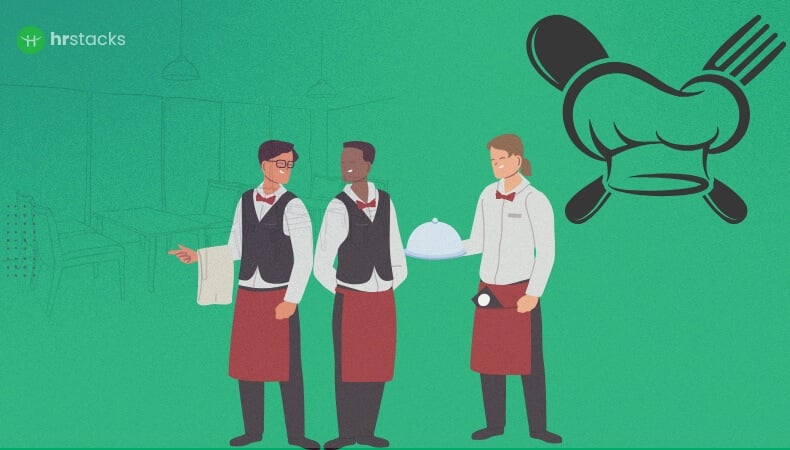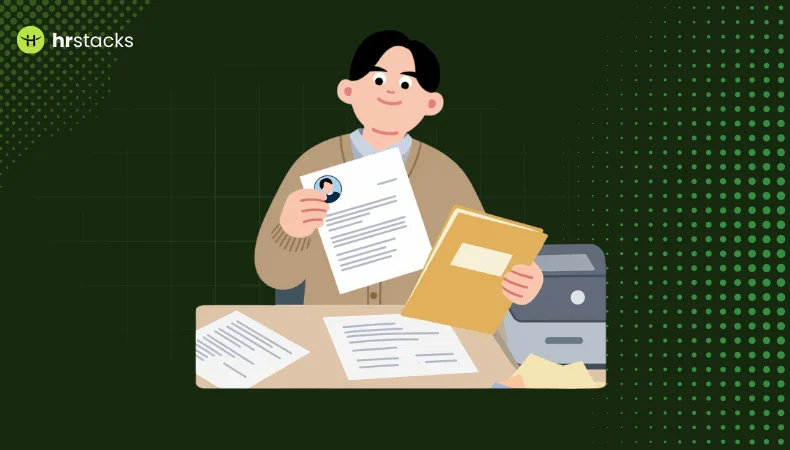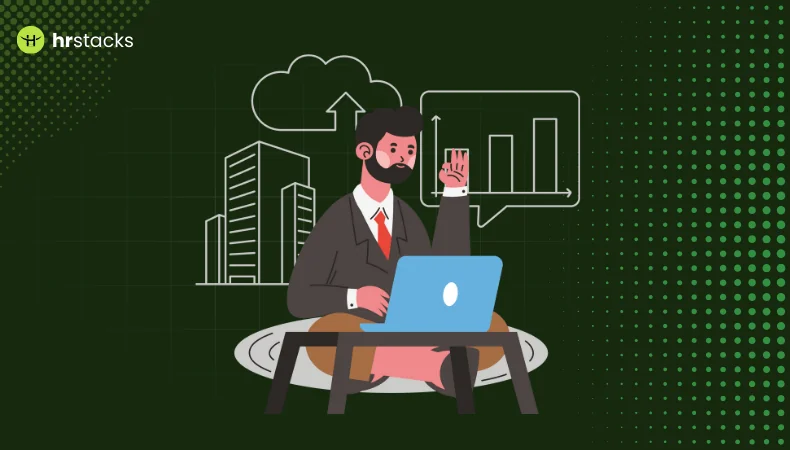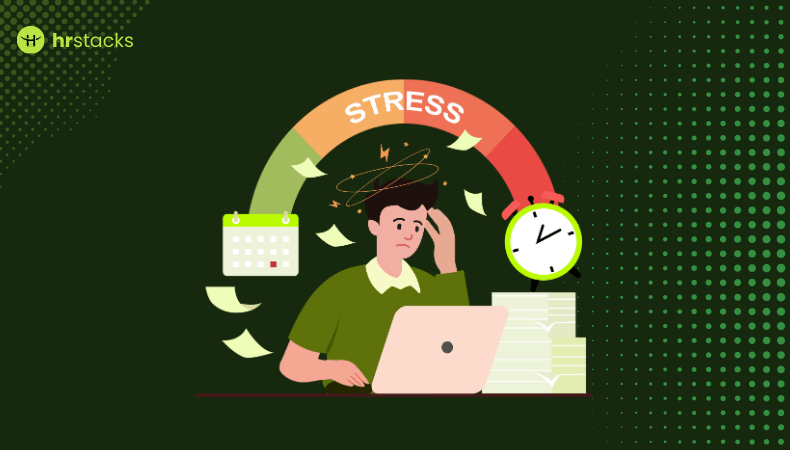What Is a PEO?
A Professional Employer Organization (PEO) is a company that partners with your business to handle HR functions through a model called co-employment.
Here’s how it works: Your employees still work for you and report to your managers, but legally, the PEO becomes a co-employer for administrative purposes. This allows the PEO to manage:
- Payroll processing and tax filings
- Employee benefits (health insurance, 401k, etc.)
- HR compliance and legal risk
- Workers’ compensation
- Onboarding, documentation, and more
You stay in control of day-to-day operations, while the PEO handles the behind-the-scenes HR infrastructure.
Why PEOs Are So Handy for Restaurants?
Running a restaurant is about more than just good food and great service; it’s a constant balancing act of schedules, regulations, payroll, and people management. And that’s where a PEO can be a real game-changer.
Here’s a closer look at how they help in real-world restaurant scenarios:
1. Simplified Payroll, Even With Complex Schedules
Restaurants often deal with hourly workers, split shifts, overtime, and tipped wages, all of which make payroll complicated. A PEO automates all of this:
- It correctly calculates overtime and blended rates for multiple shifts.
- Handles federal, state, and local tax withholdings and filings.
- Manages tip credits and tip pooling compliance (which is a must in many U.S. states).
- Tracks hours, breaks, and PTO through integrated timekeeping tools.
No more last-minute payroll scrambles, no more wondering if you’re compliant, it just works.
2. Affordable, Competitive Benefits That Retain Staff
Offering health benefits, dental, vision, and retirement plans as a standalone restaurant is expensive and often limited. PEOs solve this by pooling employees from hundreds of businesses to negotiate better rates with insurers. That means:
- You can offer more attractive benefits packages at lower cost.
- Even part-time employees may become eligible for certain perks.
- These benefits become a selling point to attract and retain staff in a competitive market.
In an industry known for high turnover, this is a major edge.
3. Built-In Compliance and Risk Protection
Between changing wage laws, tip reporting regulations, and OSHA safety standards, restaurants operate in a regulatory minefield. PEOs keep you protected by:
- Monitoring changes to labor and tax laws that impact your business.
- Conducting HR audits to identify gaps in your processes.
- Providing access to HR professionals who can guide you through tricky situations (like employee disputes, wrongful termination concerns, or harassment claims).
- Helping you stay compliant across multiple jurisdictions if you operate in different states.
This kind of proactive compliance support helps prevent costly lawsuits or penalties.
4. Support for High Turnover and Rapid Hiring
Restaurants hire constantly—seasonal staff, part-timers, emergency replacements. PEOs help by:
- Streamlining onboarding paperwork and digital forms (W-4s, I-9s, contracts).
- Automating new hire reporting to state agencies.
- Offering tools for training documentation, policy acknowledgment, and background checks.
This reduces time-to-hire and ensures every new hire is fully onboarded, even if you’re hiring on short notice.
5. Lower Workers’ Comp Premiums & Claims Management
Restaurant kitchens are busy and sometimes dangerous. Slips, burns, and cuts are common, which drives up your workers’ comp insurance rates. PEOs help by:
- Giving you access to a master workers’ comp policy with better rates than you’d get alone.
- Managing injury claims professionally and legally.
- Offering safety training resources and workplace risk assessments.
It’s not just about insurance, it’s about keeping your team safe and your premiums under control.
How to Choose the Right PEO for Your Restaurant?
Choosing a PEO isn’t a one-size-fits-all decision. Your needs will vary depending on your size, number of locations, staffing model, and growth goals. Here’s a step-by-step breakdown of what to consider when evaluating providers:
1. Look for Hospitality Industry Experience
Don’t settle for a generalist. Restaurants have unique needs, tip handling, high turnover, fast onboarding, kitchen safety, and variable schedules. You want a PEO that already works with restaurants and understands how your world operates. Ask for restaurant-specific client references if possible.
2. Evaluate the Payroll System Thoroughly
Make sure the PEO’s system can:
- Accurately process tipped wages and track tips per shift.
- Handle multiple job roles with different pay rates for the same employee.
- Offer mobile-friendly clock-in/out tools with geofencing (useful for multiple locations).
- Integrate with your POS or scheduling system.
Don’t assume they do. Request a live demo and walk them through your current process.
3. Understand the Benefits Package
Ask the PEO what benefits are included and which ones are optional. Key things to check:
- Health, dental, vision, mental health services
- 401(k) or retirement plan options
- Employee assistance programs (EAP)
- Eligibility requirements for hourly or part-time staff
If you want to improve retention, make sure their benefits meet the expectations of today’s hospitality workers.
4. Review Onboarding and Offboarding Features
Staff turnover is a reality. Ask the PEO how they handle:
- Fast, paperless onboarding (especially if you hire 10+ people in a week).
- Legal document storage and digital signatures.
- Exit documentation, final paychecks, and COBRA notifications when someone leaves.
This can save you dozens of admin hours each month.
5. Ask About Compliance Coverage and Legal Support
Will they:
- Alert you to changing wage laws?
- Help if you get audited or receive a labor claim?
- Offer a dedicated HR expert or just a call center?
Great PEOs don’t just give you software, they act like an outsourced HR department with people who care about your business.
6. Consider the Cost, and the Value
PEOs typically charge in one of two ways:
- A flat per-employee-per-month (PEPM) fee, or
- A percentage of your total payroll
Understand what’s included and what’s extra. A cheaper PEO might nickel-and-dime you with add-ons, while a more premium one might actually save you money overall if they reduce your insurance rates or legal risks.
7. Check Their Tech Stack and Employee Access
Your staff should be able to:
- View pay stubs and benefits info from their phones
- Update personal info or direct deposit without calling HR
- Clock in/out easily from any location
Make sure the tech is easy to use, especially for non-desk employees who are always on the move.
Final Thoughts: Less Admin, More Time for What Matters
You didn’t open your restaurant to become an expert in payroll tax codes or HR compliance. A good PEO lets you focus on building a great team, delivering amazing food, and growing your brand, while they handle the backend.
Whether you run a neighborhood cafe or a 10-location concept, a PEO can give you serious leverage, reducing your administrative burden, keeping you compliant, and helping you attract and retain better staff. Think of it as an investment in your people infrastructure, which ultimately fuels your service quality and customer experience.
The best part? Many of these PEOs will give you a free consultation or cost analysis, so you can compare real numbers before committing.














